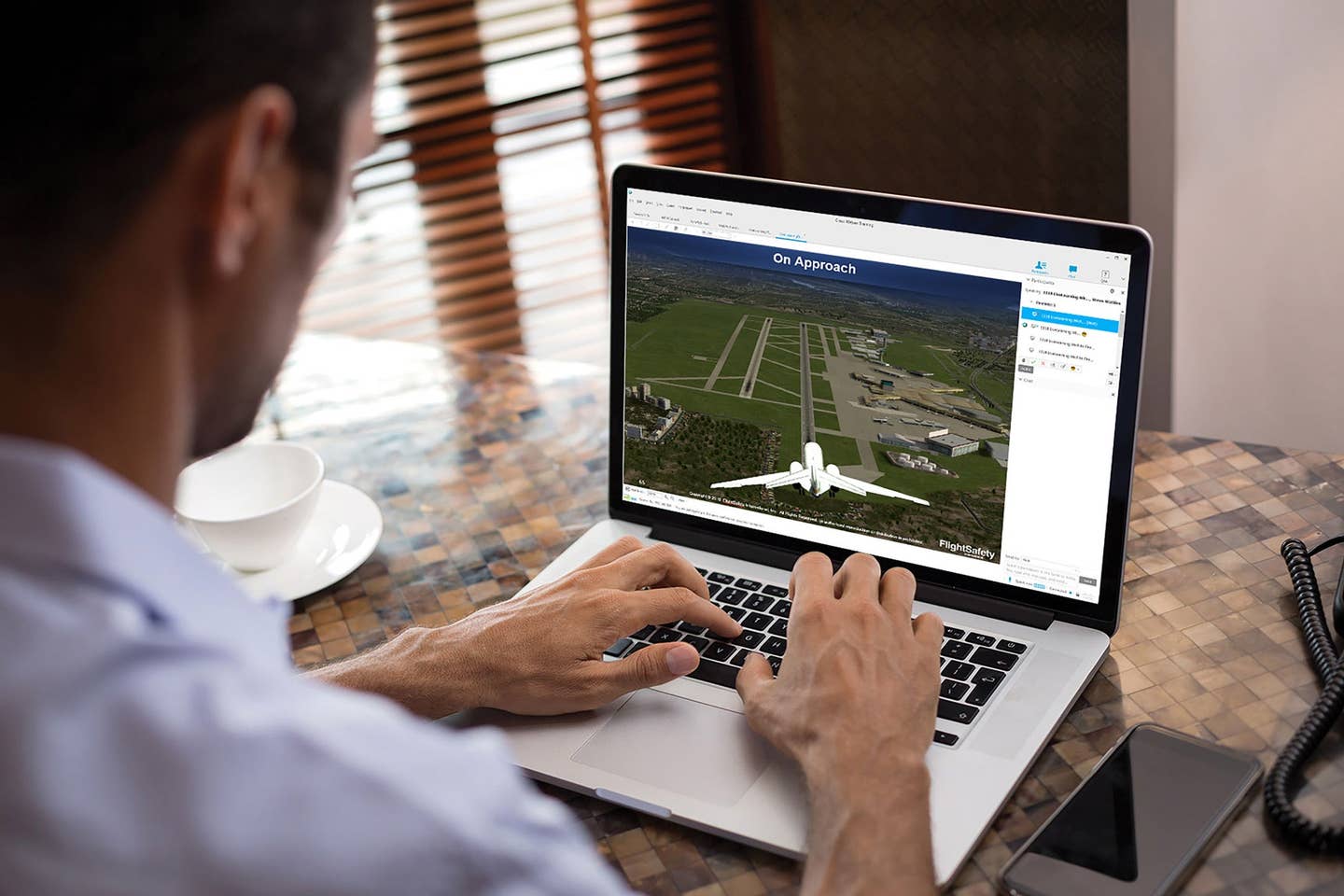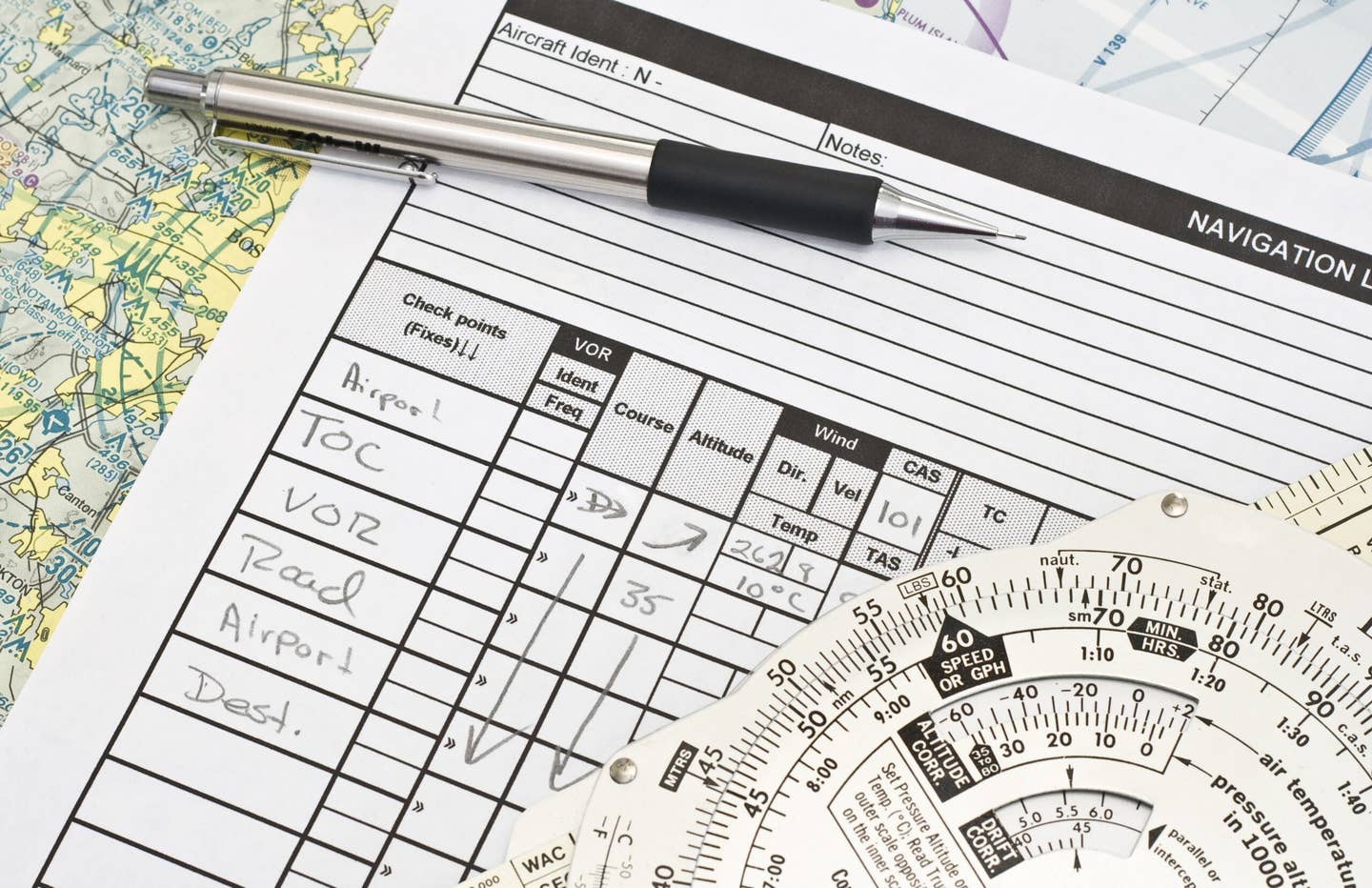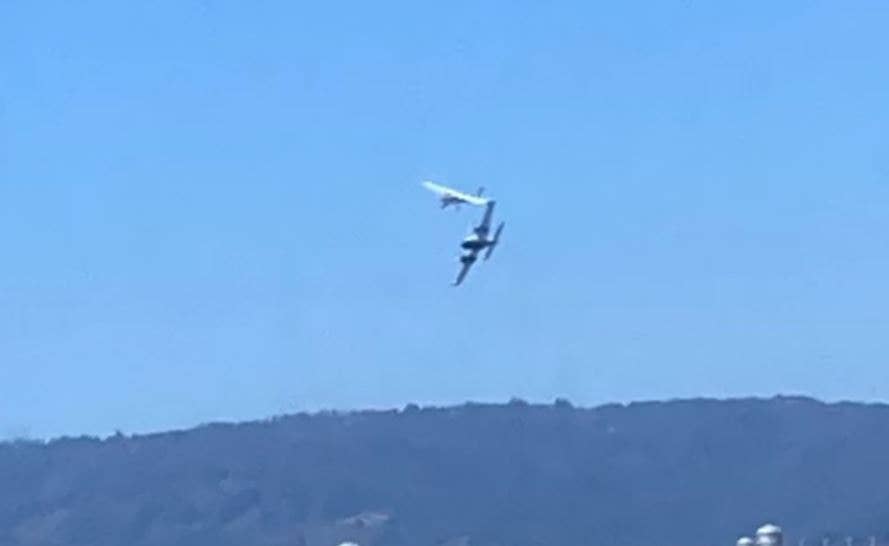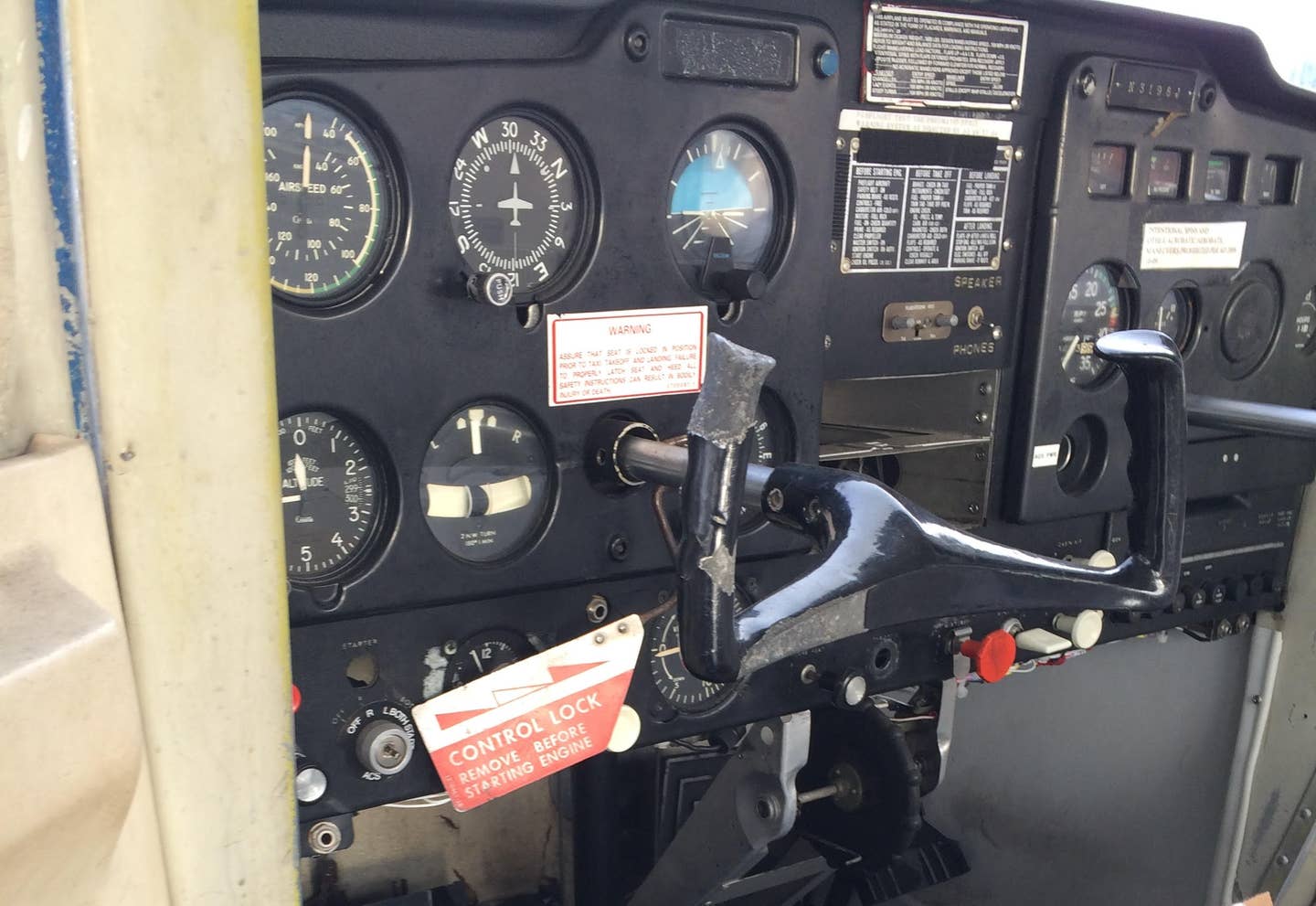Mentorship and Sponsorship: A Direct Way for Pilots to Learn and Give Back
There are several types of mentors and sponsorship to choose from. Here are some that might work for you.
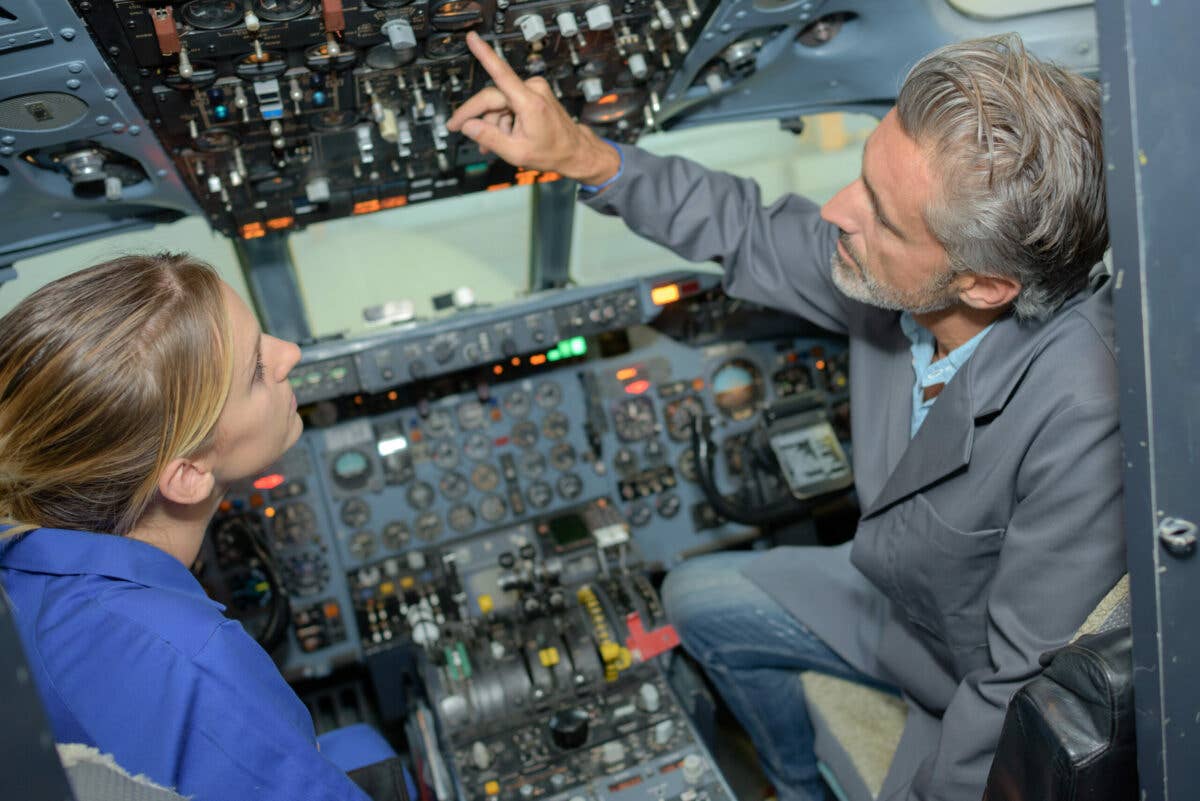
Mentorship can take different forms. [File Photo: Adobe Stock]
Much has been made about the importance of outreach programs in helping to encourage young professionals to enter the industry.
All of that is very good, and I suspect very few people object to such programs. I regularly meet people who express their desire to give back to their communities and are looking to join established outreach programs. While they look for the right fit, there is one more direct route that aviation professionals and pilots can take to shape the career of others, and it is through mentorship. More specifically, it is through mentorship and sponsorship.
In this direct, one-to-one style relationship, you might actively have a measurable impact on an individual and probably more depth in the long run.
I have benefited from having various people throughout my career who took an active role in helping me develop the right qualities for work and life.
You might be asking what the difference is between a mentor and a sponsor? Take it from the Harvard Business Review that distinguishes between them by saying, "the main difference between the two is that mentorship is mostly about someone providing you with advice and feedback whereas sponsorship involves someone directly advocating for you because they believe in your ability and potential."
“In this direct, one-to-one style relationship, you might actively have a measurable impact on an individual and probably more depth in the long run. ”
It's possible to be both, but a sponsor is someone who puts their reputation on the line for you, and ultimately this is what most people want and should strive to offer. Many professional pilots, especially in the corporate setting, will casually share with you that the only way they came by the job they have now was because someone vouched for them. So, that’s already in keeping with one of the dynamics of the aviation industry and professional progression, which makes it just as crucial as technical qualifications.
So, if sponsorship is the evolution of mentorship, what should you look for in a mentor?
Many sources online will suggest as many as seven types of mentors. Hearing that may be overwhelming, especially if you're struggling to find one. However, as I read through various descriptions, I found that I met their characters through different stages in my career. So, it's good to be at least aware of the people who might guide you along.
To borrow from a helpful Ted.com article that lays it out nicely, here are four types of mentors worth looking out for:
Mentor No. 1: The Master of the Craft
Who is the best pilot you know? You've probably met them in the halls of a flight school or a professional conference, and you were inspired by their demeanor and mastery of their craft. It probably encouraged you to dig a little deeper within yourself to tighten up some loose ends. Whichever way possible, I encourage you to cultivate a relationship with this person, even from afar or aspirationally to begin with, so that you can garner as much as possible from their methods. When I was in the middle of flight training, I recall that senior students who were most recognized were on a different level. As much as possible, I tried to tap into practical tips they offered to add those to my skill set. Some of the best study habits I have now, I learned from them.
Mentor No. 2: The Co-pilot
When I wrote about finding a flight partner, I incorporated the mentor who is like your co-pilot at work in many ways. As I explained, both in training and professionally, having someone at the same level with similar goals which can nudge you along is invaluable. In this case, this is a reciprocal relationship, and you're encouraged to bring as much to the table as you're receiving. If you're outside of school, I encourage you to join regional aviation groups in your locale so that you can meet like-minded people.
Mentor No. 3: The Anchor
An anchor is a mentor not necessarily inside the industry but one who has your overall best interest at heart. It is easy to get tunnel vision about your career aspirations and miss the big picture about leading a full life. An anchor can help you keep priorities in perspective or help you see things from a different angle.
Pilots might find this more valuable given the volatility of the aviation industry and the regular disruptions that come. Having someone who can help you consider all your options outside of flying or adjacent to the sector will be beneficial. Where do you find these folks? You have to apply the same networking tactics, but outside the industry. You could start with non-aviation family and friends, but you might meet other helpful people if you keep an open mind.
Mentor No. 4: The Reverse Mentor
Finally, mentorship is a two-way street. You'd be surprised to realize that people whom you consider further along than you might want to learn from you.
It’s a circle of life, of sorts, because younger people traditionally benefit from adopting and figuring out the latest trends and technology sooner. People who are much further along, to stay sharp, want to tap into these things. At the same time, you'd like to see things from their perspective. This creates a scenario where both can exchange ideas and experiences mutually beneficial. This is where I encourage young professionals to master a craft that will be valuable to others because your skills will likely attract the mentors you desire.
So, Where Should You Find a Mentor?
They are all around you, depending on the stages of your career. If you are in flight school, actively meet friends, both ahead and behind you. The aviation industry is rich with events, from trade shows to air shows that teem with helpers. More specifically, the National Business Aviation Association (NBAA) has encouraged the development of regional groups to have a presence in the community and serve as a meeting ground for mentors and mentees.
There are even flight clubs and outreach groups that offer the same. At the airline level, the Airline Pilot Association (ALPA) has formalized its ALPA-ACE program that places some of its member pilots in universities and colleges around the country. One independent group that has done it well is Professional Pilots of Tomorrow, which helps you gain information on the right flying job. I benefited from it as a flight student. Finally, in its way, the FAA has advocated for the 'mentor pilot' in general aviation to encourage newly certified pilots to gain experience safely by having someone more experienced on board.
I hope you'll see the importance of developing mentoring relationships, whichever side you may fall on.
Additionally, sponsoring a young professional with tangible opportunities in your reach might be your way of directly improving the industry.

Subscribe to Our Newsletter
Get the latest FLYING stories delivered directly to your inbox

